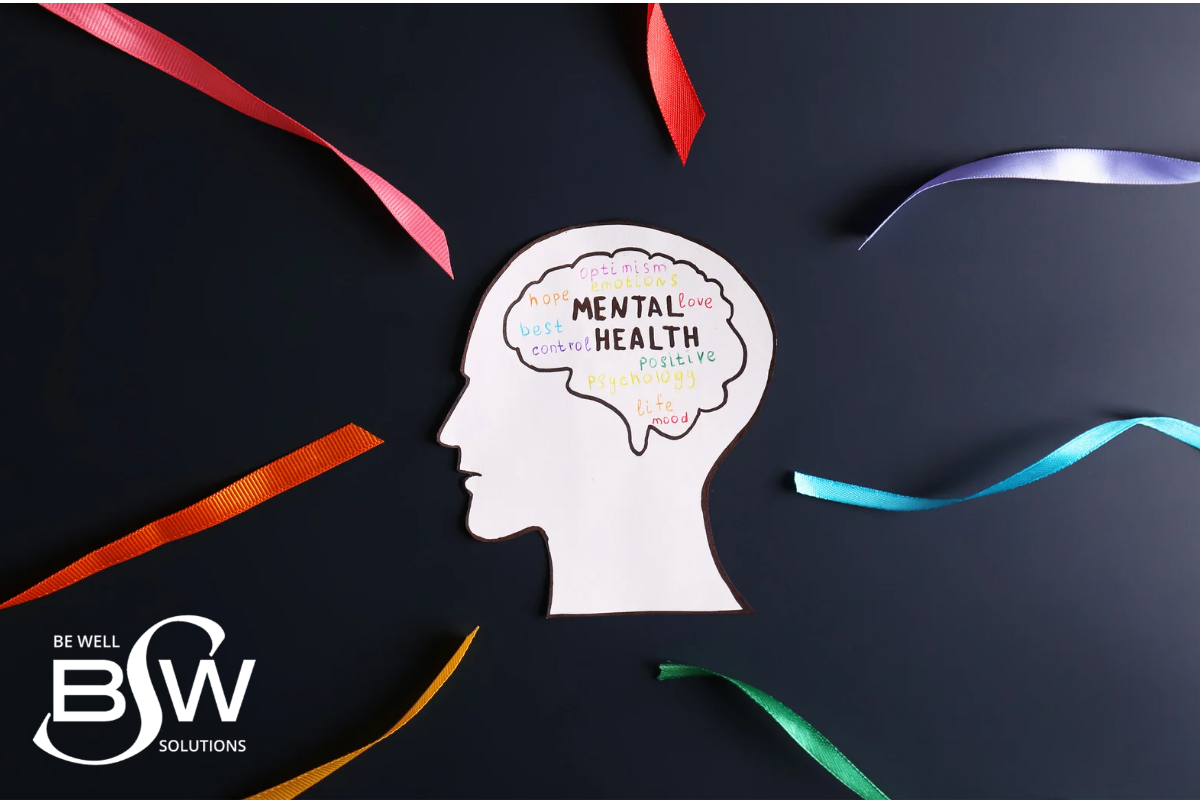
Mental health is finally entering the conversation more with overall health and well-being. However, there is still a lingering stigma that follows those who are battling with a diagnosis. The feelings of shame or lack of validation when it comes to mental illness often make it less likely for individuals to seek the help and treatment they need. Whether we have loved ones dealing with mental health issues or are facing them ourselves, we can change the conversation and make a positive difference.
Be Educated
Changing the stigma of mental health starts with being well-educated on the topic. Take time to learn about mental illnesses and how they can affect people differently, just like any other illness. When we understand that there is a complexity to what others face, we can show more compassion and support. If you don’t know where to start, try a resource like the National Alliance on Mental Illness They provide practical educational tools that range from learning the basics to more in-depth support.
Talk About It
Choose to talk about mental health. The more we bring it into a conversation, the more people will be willing to open up about their experiences and find the right help. Talking about mental illnesses shouldn’t feel like sharing a shameful secret. When we have more dialogue around it, we create a space where people can share their feelings more freely. Remember, productive conversations always involve talking and listening.
Understand Its Importance
There is still a lot of debate when it comes to the importance of mental health versus physical health. However, they are both essential components of the overall health and wellness equation. According to the Mental Health Foundation, “Nearly one in three people with a long-term physical health condition also has a mental health problem, most often depression or anxiety.” Mental health can directly affect our bodies physically with fatigue, digestive issues, insomnia, and more. It can affect us indirectly due to poor coping habits or changes in healthy lifestyle behaviors. Research shows this impact can increase the risk of many preventable conditions. Mental and physical health go hand in hand. It’s necessary to understand that if one is suffering, they both suffer. Just as we would prioritize prevention and treatment for physical health, we should equally prioritize the same for mental health.
Get the Right Treatment
Choosing to seek the appropriate treatment and advocating for treatment are enormous steps toward changing the stigma of mental health. We wouldn’t shame someone for taking care of themselves by seeing their primary care doctor, so we shouldn’t treat someone any differently for seeing a licensed therapist or counselor. The correct treatment can give peace of mind with a diagnosis and a plan of action to move forward. It can help reduce symptoms of mental illnesses and allows for a better quality of life.
Join a Support Group
Supporting one another might be the best way to change the stigma. There are groups located across the country, including local groups. They provide assistance, help, encouragement, and education. Groups are available for those who are experiencing mental illnesses, as well as for caregivers and loved ones. Check out Mental Health America or the National Alliance on Mental Illness to find a group that fits your needs.
Mental health is part of our health and well-being. Changing the stigma today can help others have a healthier tomorrow!
Written by BWS Lead Health Coach- Kelly Schlather, BS, ASCM – CEP
Continue reading April 2023 Newsletter: Plant-Based Meals: Good for You and the Earth
